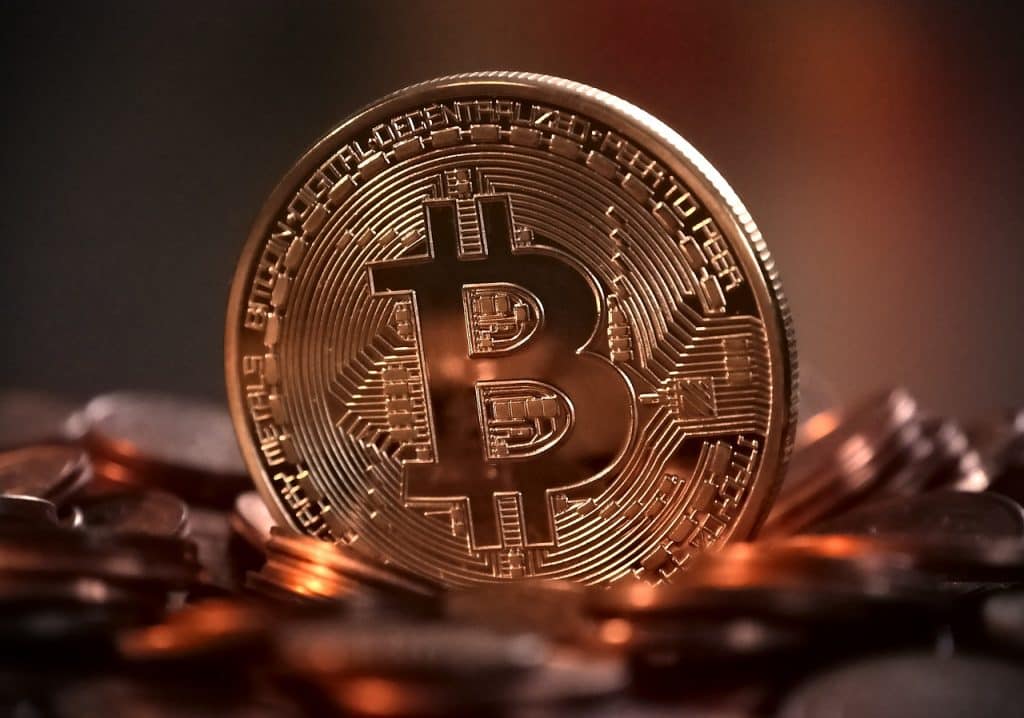What is Bitcoin: The Ultimate Guide for Beginners

What is Bitcoin: The Ultimate Guide for Beginners
Are you puzzled by the Bitcoin phenomenon? Often touted as the future of digital currency, Bitcoin (BTC) has taken the world by storm. This beginner’s guide is designed to answer your questions and demystify Bitcoin, helping you understand this game-changing financial innovation.
Bitcoin is a complex yet groundbreaking innovation that has the potential to revolutionize our financial system. While it offers numerous advantages, such as decentralization and lower transaction fees, it also carries its share of risks, including volatility and security threats. As a beginner, understanding these aspects can help you make informed decisions whether you’re looking to use Bitcoin for transactions or as an investment opportunity.
What Exactly is Bitcoin (BTC)?
Bitcoin is a decentralized cryptocurrency, allowing for peer-to-peer transactions without the involvement of traditional financial intermediaries like banks. Invented in 2009 by a pseudonymous entity called Satoshi Nakamoto, Bitcoin operates on blockchain technology, offering transparency and security.
How Bitcoin Works: Blockchain Technology
What is the Blockchain?
A blockchain is a growing list of records, called blocks, that are linked using cryptography. This public ledger contains a transparent and immutable record of transactions. What sets the blockchain apart from other ledgers is its decentralized nature, as it is distributed across a network of computers.
Transactions and Verification
When you initiate a Bitcoin transaction, it goes into a pool of unconfirmed transactions. From there, miners pick up the transaction and include it in a block, which is then verified by solving complex mathematical equations. Once verified, the block is added to the blockchain.
The Role of Mining in Bitcoin
Mining is a crucial component of Bitcoin’s security and issuance model. Miners utilize high-powered computers to solve complex mathematical problems. Successfully solving these problems confirms transactions and adds them to the blockchain. For their efforts, miners are rewarded in newly minted Bitcoin.
How to Get Started with Bitcoin: From Buying to Storing
Buying Bitcoin on Exchanges
The most straightforward method to acquire Bitcoin is by using cryptocurrency exchanges. Platforms like like Coinbase, Binance or Kraken allow you to buy Bitcoin using various payment methods, including credit cards, bank transfers, and even PayPal.
When selecting an exchange, consider factors like security features, transaction fees, and the variety of supported cryptocurrencies. Look for an exchange that is well-reputed and has a user-friendly interface.
Peer-to-Peer Bitcoin Transactions
If you prefer to buy Bitcoin directly from other people, platforms like LocalBitcoins and Paxful offer peer-to-peer transaction services. Here, you can find sellers that accept various forms of payment, including cash.
Many peer-to-peer platforms use smart contracts and offer escrow services to protect both buyers and sellers during transactions. Although less advisable for novices, Bitcoin mining is another avenue to acquire BTC, albeit with high energy costs and complexity.
Understanding Bitcoin Mining
While mining Bitcoin can be profitable, it’s not necessarily the best option for beginners. It requires a significant investment in specialized hardware and consumes a lot of electricity.
Application-Specific Integrated Circuit (ASIC) and Graphics Processing Unit (GPU) are the two most common types of mining hardware. ASIC miners are custom-built for Bitcoin mining, while GPUs are more versatile but generally less powerful.
Why Bitcoin is Changing the Financial Landscape
Decentralization: The Core Appeal
Unlike traditional currencies controlled by governments or organizations, Bitcoin is entirely decentralized. This means that no single entity has control over the network, making Bitcoin resistant to censorship and interference.
One of Bitcoin’s most promising applications is in remittance and cross-border transactions. Because it operates without central authority, Bitcoin transactions can occur directly between parties, resulting in lower fees and faster transaction times, even on a global scale.
Privacy and Anonymity in Bitcoin Transactions
Bitcoin transactions can offer more privacy than standard financial transactions, although they are not entirely anonymous. However, tactics like using a new Bitcoin address for different transactions can help enhance privacy.
If privacy is a significant concern for you, you might also explore privacy-centric coins like Monero and Zcash, which offer enhanced anonymity features.
Investment Potential of Bitcoin
Bitcoin has gained popularity as a new asset class with high-return potential. However, it’s essential to understand that Bitcoin, like all investments, comes with risks. The market can be incredibly volatile, and there’s also the risk of loss due to hacking.
While some traders aim for short-term gains, others view Bitcoin as a long-term investment. The long-term holders believe that despite the market’s volatility, Bitcoin will see substantial growth in the years to come.
Risks and Safety Measures: What Every Bitcoin User Should Know
Understanding Bitcoin Volatility
Bitcoin is notorious for its volatility. Its price can surge or plummet dramatically within a short period. This volatility can be both an opportunity and a risk for investors.
Effective risk management strategies include setting stop-loss limits and only investing money you can afford to lose.
Bitcoin Security Measures
Securing your Bitcoin is crucial. Using hardware wallets for large amounts of Bitcoin and enabling two-factor authentication can enhance security. Also, it’s wise to use reputable exchanges and wallets.
Be wary of phishing scams that try to trick you into revealing your private keys. Always double-check website URLs and email addresses to ensure you are not falling victim to a scam.
Regulatory Challenges and Bitcoin
The regulatory landscape for Bitcoin is still uncertain and varies by jurisdiction. Make sure you are aware of the legal obligations in your country when buying, selling, or trading Bitcoin.
In many jurisdictions, cryptocurrencies like Bitcoin are considered taxable assets. It’s essential to understand the tax implications of your transactions and to keep detailed records.







